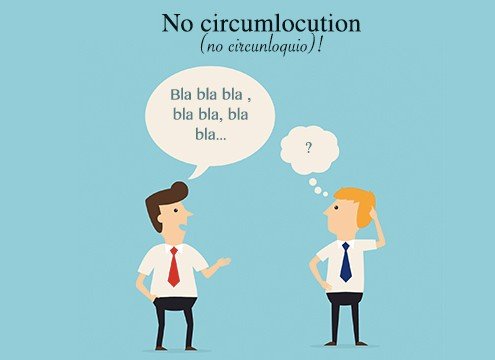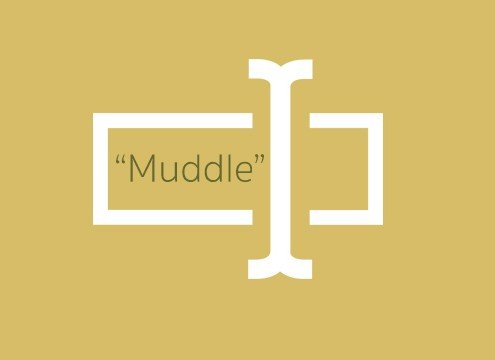
The Daily Mail and the subjunctive
The subjunctive exists (existe) in English. However, many people – including educated people – do not use it or are ignorant of it. Here is
Si quisiera mejorar o aprender inglés, este blog podría ser su ayudante.
Cada semana algo nuevo se publica. Si quisiera recibir una notificación de un tema nuevo por correo electrónico solo tiene que suscribirse a nuestro blog desde el formulario del final de la página. Ir al formulario.
Su correo electrónico sería guardado de manera confidencial para que ninguna otra persona pueda usarlo.
El blog será en inglés, y únicamente damos explicaciones mínimas (en español) para aclarar algo, para traducir algo que podría ser difícil, o para acelerar su entendimiento.
El autor es Aimee, directora y una especialista en educación hablante nativa.

The subjunctive exists (existe) in English. However, many people – including educated people – do not use it or are ignorant of it. Here is

Have you taken the Cambridge First Certificate or Advanced exam? If so, you will have read or heard these sentences: “You will hear people talking

These words are commonly confused (confuso). “Lay” generally means “to put something down” (poner, colocar) as in: Podemos is going to lay a carpet in

Here are more examples of long and unnecessary phrases. They are grammatically correct, but should be avoided. The example

“Able” is an adjective that should only be used for living things (mortals and animals). So humans are able to do things (poder hacer algo

If you would like to avoid being accused of circumlocution, be brief, not long-winded (no interminable). Do not use four or more words if one

The word “ship” has some interesting uses as an idiom. Study these examples: “I will buy it when my ship comes home”. This goes back

“How art thou” is slightly older English for “how are you”. In Spanish you have the distinction between the intimate “tu” and the formal “usted”. The

You will know the word cheese (queso). However, it is also used in idioms (modismos). Here are some examples: “Hard cheese” (mala pata) Alejandro is

“Poach” is a verb with three meanings. The English poach (escalfar) eggs, and they sometimes have poached eggs for breakfast, “poached” being the adjective. One

«Muddle” is a noun, an adjective and a verb. As a noun it means “desorden, lio, follón y confusion”. Here are some examples as a

“About” is a preposition and an adverb. Here are some examples as a preposition: Pedro Sanchez has written a book about gardening (Pedro Sanchez ha

Esta web utiliza cookies para que podamos ofrecerte la mejor experiencia de usuario posible. La información de las cookies se almacena en tu navegador y realiza funciones tales como reconocerte cuando vuelves a nuestra web o ayudar a nuestro equipo a comprender qué secciones de la web encuentras más interesantes y útiles.
Las cookies estrictamente necesarias tiene que activarse siempre para que podamos guardar tus preferencias de ajustes de cookies.
Si desactivas esta cookie no podremos guardar tus preferencias. Esto significa que cada vez que visites esta web tendrás que activar o desactivar las cookies de nuevo.